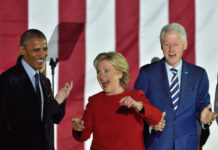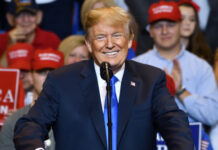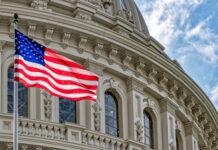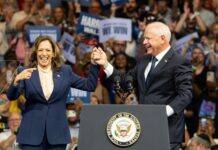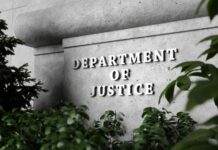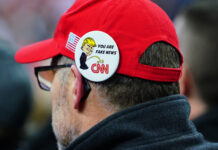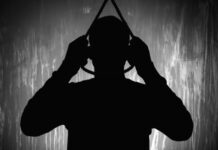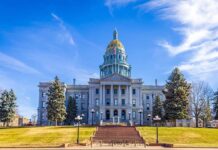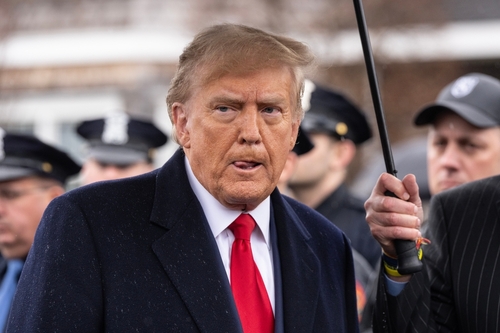
Acting Secret Service Director Ronald Rowe has come under fire for his involvement in limiting security resources for former President Donald Trump, according to a recent report. The agency admitted it denied several requests for additional security at Trump’s public events over the last two years. This admission follows the assassination attempt on Trump at a rally in Butler, Pennsylvania, on July 13, 2024.
The Secret Service, responsible for protecting current and former presidents, initially denied these allegations but later reversed its stance. It acknowledged that agents' requests for more magnetometers, additional personnel, and snipers at large gatherings were turned down due to insufficient funding and other reasons.
WARNING GRAPHIC: The entire body camera footage showing Secret Service officers and other law enforcement on the rooftop where a would-be assassin was shot and killed was released by a lawmaker.
Read more: https://t.co/fdYGxHEf4K pic.twitter.com/IwKhshY4Wy
— ABC News 4 (@ABCNews4) July 25, 2024
This lack of security allowed 20-year-old gunman Thomas Matthew Crooks to access an unsecured rooftop and fire shots, injuring Trump and killing a rally attendee.
House Judiciary Committee Chair Jim Jordan cited whistleblowers who claimed the Secret Service had "limited resources" ahead of the rally. The failure in security planning and execution has led to calls for the resignation of then-Director Kimberly Cheatle, who has faced intense scrutiny over the incident.
The head of US Secret Services Director Kimberley Cheatle has Resigned; after the Attempted Assassination of Donald Trump it was inevitable & after her poor performance in the Senate she had no choice but to step down & resign her position ASAP & she has done so! pic.twitter.com/oQW03Dj0nX
— GoldMyneTV (@GoldmyneTV) July 23, 2024
The July 13 rally, where Trump was shot, saw significant security lapses, including an under-protected perimeter and a failure to adequately monitor potential threats. Local police, who were left to patrol the warehouse area near the rally, reportedly lacked the resources to station a squad car adjacent to the building from which Crooks fired.
In the aftermath, Secret Service spokesperson Anthony Guglielmi admitted that despite initial denials, some extra security requests from Trump's team were indeed turned down. He emphasized the agency's challenging mission and dynamic threat environment, underscoring the need for a comprehensive strategy to balance personnel, technology, and operational needs.
This revelation has raised serious concerns about the agency's capability to protect its high-profile protectees amidst funding and staffing challenges. The assassination attempt has also led to increased security for other political figures, including Ohio Senator J.D. Vance, whom Trump recently named as his vice-presidential running mate.
Homeland Security Secretary Alejandro Mayorkas, overseeing the Secret Service, defended the agency, calling the accusations of denied security "baseless and irresponsible." However, the incident has undoubtedly tarnished the Secret Service's reputation, prompting a reevaluation of its security protocols and resource allocation.
